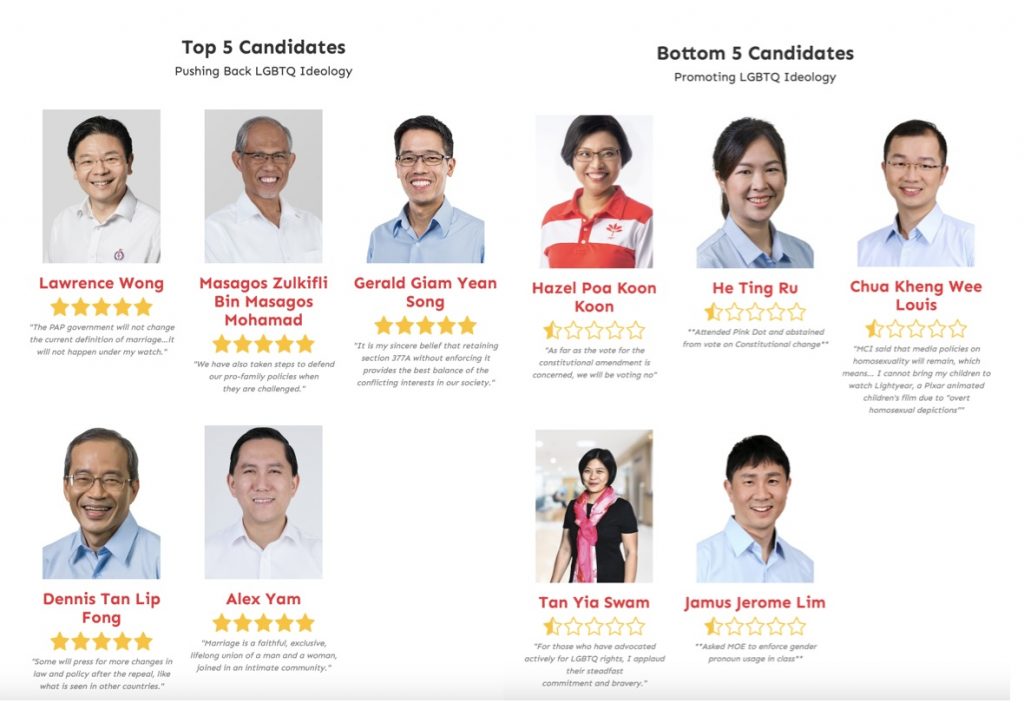SINGAPORE: Singapore has witnessed a significant surge in wealth inequality, outpacing its Asia-Pacific counterparts over the past fifteen years, according to the UBS Wealth Report 2024.
The report reveals that wealth inequality in the city-state rose by nearly 30% between 2008 and 2023, marking a stark contrast with its regional peers including Indonesia, Hong Kong, Taiwan, and Mainland China.
The Gini coefficient, a widely accepted measure of wealth distribution, soared to 70 in Singapore by 2023, up from 57 in 2008. This substantial increase underscores a growing concentration of wealth among a smaller segment of the population.
Addressing the findings, UBS clarified that the rise in inequality in Singapore does not necessarily indicate a decline in living standards compared to other places like Hong Kong SAR, where inequality has actually decreased by nearly 6%.
“Inequality benefits from being combined with absolute wealth levels to paint a comprehensive picture of a society’s wealth profile,” UBS said, emphasizing the nuanced relationship between inequality and overall wealth.
Simultaneously, Singapore has experienced robust growth in average wealth, aligning with the global economic expansion observed during the same period. Between 2008 and 2023, the average wealth per adult in Singapore surged by 116%, reaching US$397,708. This growth trajectory places Singapore among the wealthiest nations globally in terms of average individual wealth.
However, the benefits of this wealth boom have disproportionately favored the upper-income brackets, according to UBS. The number of USD millionaires in Singapore soared to 333,204 by 2023, with expectations to rise by 13% to 375,725 by 2028.
This rise highlights a stark contrast between the fortunes of the wealthiest and the broader population.
UBS further elaborated that the phenomenon of rising wealth inequality alongside increasing average wealth underscores the complexities of economic development in Singapore. The country has consistently ranked high in global indices of economic competitiveness and wealth, yet the distributional aspects of this prosperity remain a critical point of discussion.
TISG/












